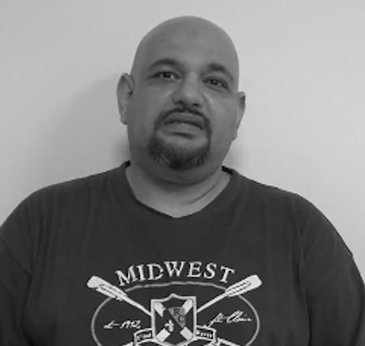
Last Update
April 7, 2021
Organisation
Unknown
Gender
Male
Ethnic Group
Unknown
Religoius Group
Muslim
Province
Tehran
Occupation
Social Media Activist
Sentence
Five years and six months in prison, 74 lashes, two years exile
Status
Released
Institution investigating
IRGC Intelligence
Charges
Insulting the President
Insulting the Supreme Leader
Insulting the sacred
Propaganda against the regime
Soheil Babadi Released
Babadi was arrested in June 2012 for publishing satire on the Facebook page "Imam Naqi Remembrance Campaign for Shias.”
After 225 days in solitary confinement under the supervision of the Revolutionary Guards, he was transferred to Ward 350 of Evin Prison in January 2013.
In a letter addressed to the media after spending time in solitary confinement, Babadi said he had been severely tortured by interrogators and had been pressured to confess to having links with foreign governments.
The case of this social media activist was transferred to Branch 79 of the Tehran Criminal Court, presided over by Judge Mohammad Reza Mohammadi Kashkooli, in August 2013. He was charged with “insulting the Prophet [Muhammad],” “blasphemy,” “insulting the president,” “insulting the Supreme Leader” and “conspiracy against national security.”
In November 2013, while Babadi was in prison, the investigator of Branch 3 of the Moghaddas Court at Evin Prison opened a new case against him in connection with other material published by the social media activist on charges of “propaganda against the regime.”
For this case, Babadi was sentenced to one year in prison by Branch 28 of the Revolutionary Court, presided over by Judge Mohammad Moghiseh, on charges of “propaganda against the regime.”
In February 2014, Branch 79 of the Tehran Provincial Criminal Court announced that the trial of Babadi had ended. In June 2014, the court acquitted Babadi of “insulting the Prophet” on the grounds that “it is not proven that the Facebook account belongs to Mr. Babadi”. But he was sentenced to five years in prison and 74 lashes for “blasphemy” and six months in prison for “insulting the president.” The court also sentenced Babadi to two years in exile in Bashagard for a complimentary penalty.
The court also recused itself on the two charges of “conspiracy and collusion against the regime” and “insulting the Supreme Leader of the Islamic Republic” and the case was referred to the Revolutionary Court. For these two charges, Branch 28 of the Revolutionary Court, headed by Judge Moghiseh, sentenced Babadi to seven years in prison in September 2015.
The trial was held on September 5, 2015. Branch 54 of the Tehran Provincial Revolutionary Court of Appeals reduced the sentence to two years in April 2016. Babadi was notified of the court’s sentence on August 23, 2016.
Release from Prison and Exile to Bashagard
Babadi was released from Evin Prison on January 25, 2017, after serving five years. He spent three days in the Tehran Security Police Detention Center after his release and then was sent to Hormozgan province to carry out a two-year exile in Bashagard.
According to the Islamic Penal Code, Babadi had to serve five years in prison on charges of “blasphemy” as it was the longest imprisonment among all his sentences.
A Review of Five Years in Prison
Soheil Babadi was beaten several times by prison officials during his imprisonment and went on a hunger strike.
In 2014, the Hrana human rights news agency wrote that “The interrogators of Ward 2A of the Revolutionary Court, with the cooperation of a number of employees of Evin Prison, scammed Babadi’s wife to pay 320 milion tomans to solve his problem.”
Babadi filed a complaint regarding the violations of the detectives and interrogators of the case, citing the evidence from the case and a report of the forensic doctor. Although the court ruled in favor of the prison staff, the money was not returned and the medical case was declared incomplete due to the lack of sufficient evidence.